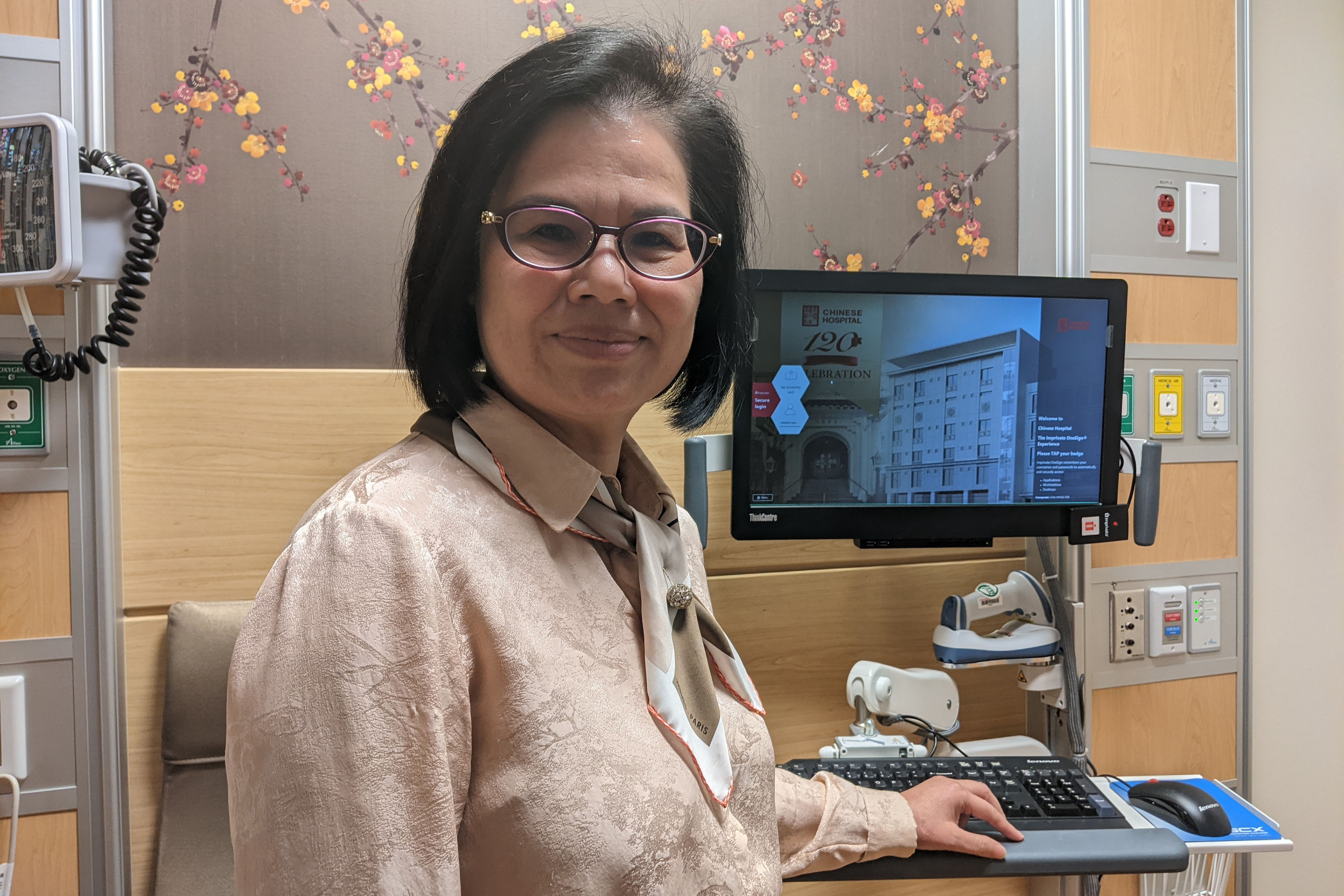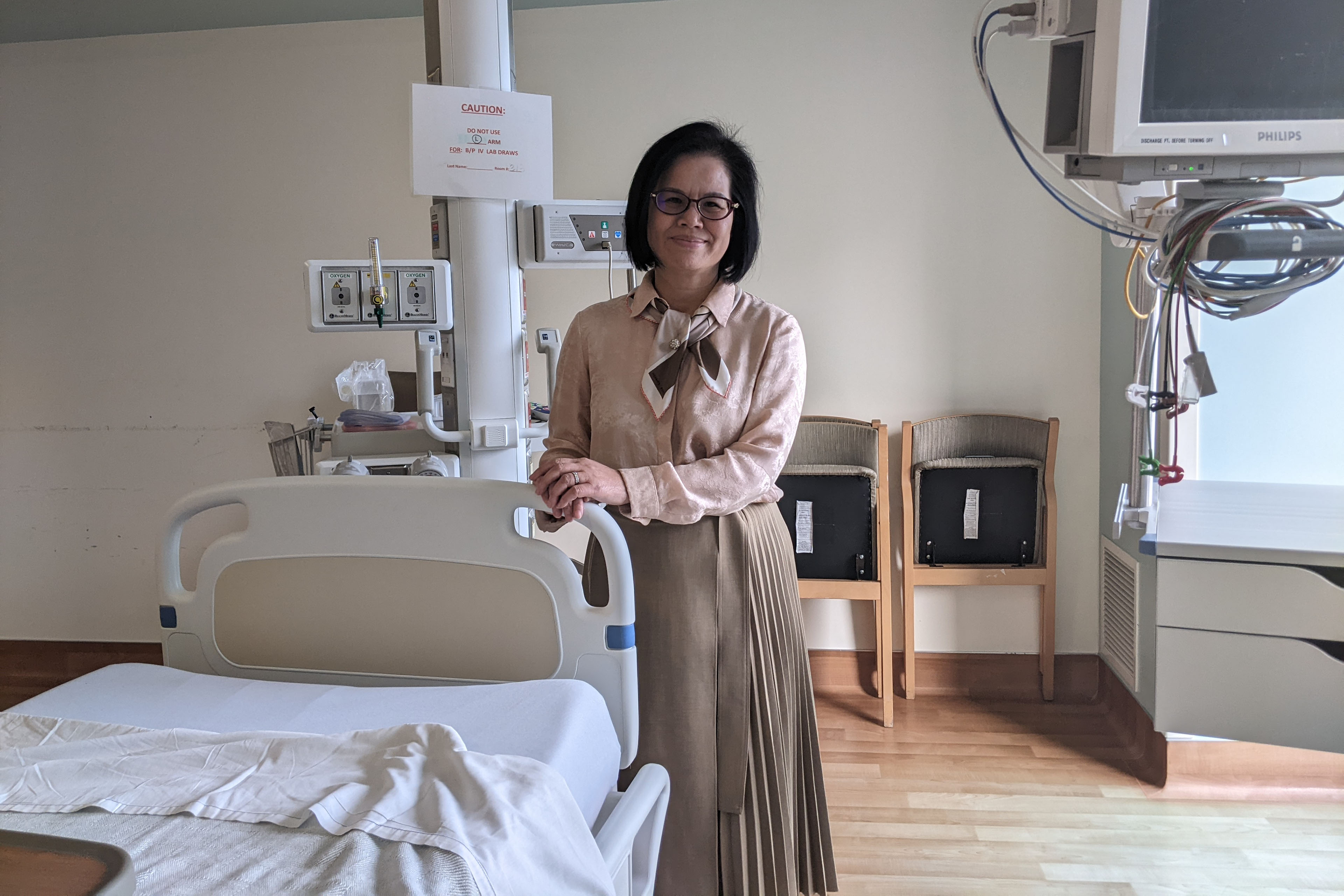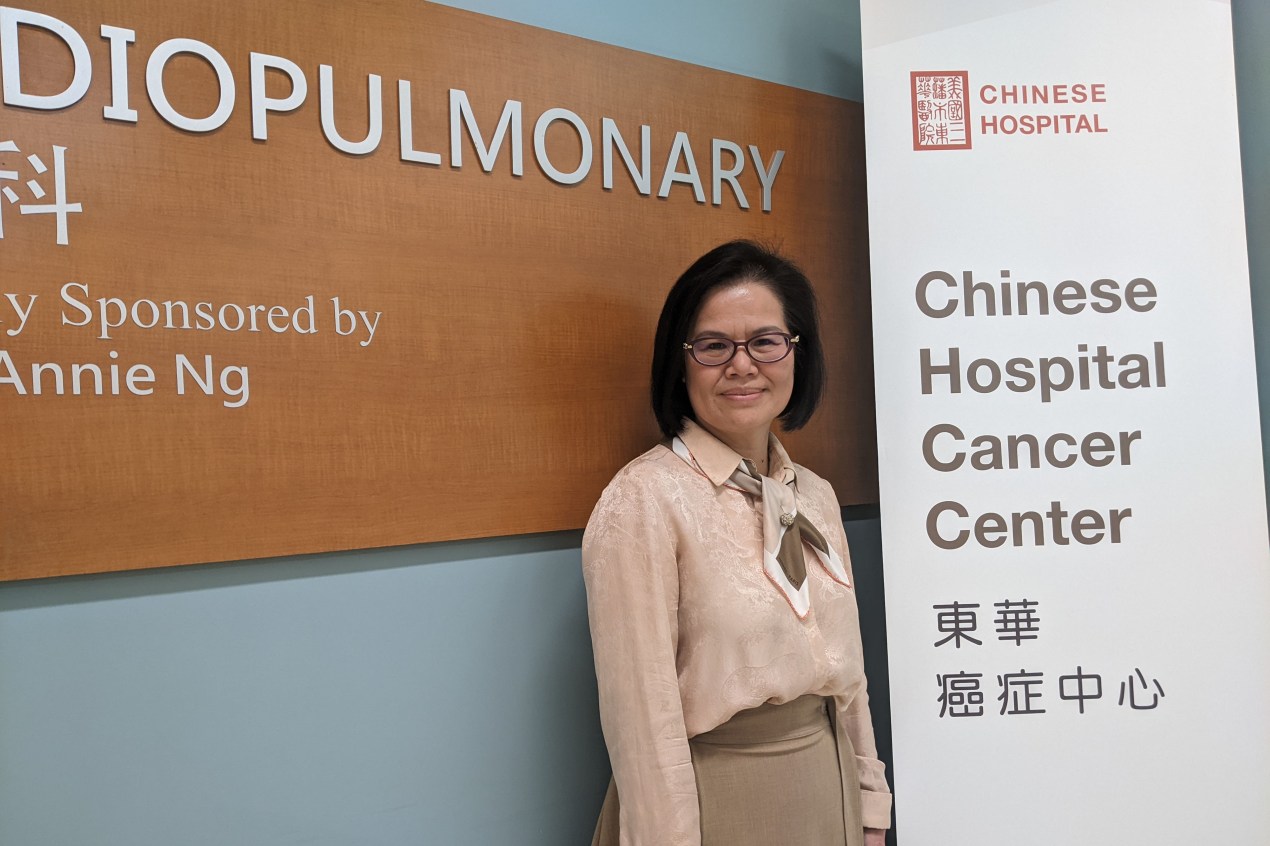SAN FRANCISCO ŌĆö Chinese Hospital, located in the heart of this cityŌĆÖs legendary Chinatown, struggles with many of the same financial and demographic challenges that plague small independent hospitals in underserved areas across the country.
Many of its patients are aging Chinese speakers with limited incomes who are reliant on Medicare and Medi-Cal, which pay less than commercial insurance and often donŌĆÖt fully cover provider costs. And due to an arcane federal rule, Chinese Hospital receives a lower rate of reimbursement than many other hospitals that treat a large number of low-income patients. Add the in this post-pandemic world, and itŌĆÖs not hard to see why the hospital lost $20 million over the past two years and tapped a nearly $10.4 million loan from the stateŌĆÖs distressed hospital loan fund.
Yet the 88-bed hospital has strong ties to the University of California-San Francisco and the cityŌĆÖs public health department. And it gets support from businesses, charities, and the surrounding community. For Jian Zhang, 58, the hospitalŌĆÖs CEO since 2017, fundraising is like breathing.
ŌĆ£I feel like itŌĆÖs a full-time job for me,ŌĆØ said Zhang, who arrived in San Francisco from Guangzhou, China, as an international student in 1990, earned a nursing doctorate from the University of San Francisco, and has remained in the Bay Area.
Revenue from fundraising and other services have provided a big boost, helping the hospital significantly offset what it lost on patient care in 2022, according to the hospital and state data. By contrast, Madera Community Hospital and Beverly Hospital were far less able to do so. Those hospitals, which also serve low-income populations with many patients on government health care programs, filed for bankruptcy last year.

Chinese Hospital has its roots in a medicinal dispensary, founded in 1899 to provide health care for Chinese immigrants who were effectively excluded from mainstream medical facilities. The hospital itself opened in 1925, and a second building was added next door in 1979. In 2016, a new building replaced the original hospital.
Today, Chinese Hospital includes those two buildings plus five outpatient clinics offering Eastern and Western medicine, spread out across San Francisco and neighboring San Mateo County. Through partnerships, Chinese Hospital has been able to offer specialty services to its patients, including eye surgery, palliative care, and a stroke center. And $10 million in grants it received from the state last year will help build a subacute unit, which is for fragile patients who still need nursing and monitoring following a hospital stay.
In an interview with ─ó╣Įė░į║ Health News senior correspondent Bernard J. Wolfson, Zhang discussed the challenges facing small independent hospitals, including Chinese Hospital, and offered her vision for its future. The following Q&A has been edited for length and clarity:
Q: What are some of the main challenges your hospital faces?
We are facing all the challenges other hospitals are facing, especially the covid pandemic and its associated negative impact ŌĆö the physician shortage and workforce shortage, the labor cost increases. But as a small community hospital, we donŌĆÖt have a lot of reserve money. ItŌĆÖs hard to make ends meet.
That is a huge challenge because of the low reimbursement rate. We serve more than 80% Medicare and Medi-Cal patients.
Q: What are some specific challenges of serving a largely Chinese population?
In this market, with the workforce shortage, and especially after the pandemic, itŌĆÖs even harder to recruit bilingual physicians, and other bilingual staff.
And culturally, Chinese patients, when they are sick, need to drink soup for healing or eat certain other foods for healing. You canŌĆÖt be providing sandwiches and salads. They wonŌĆÖt eat that. So our kitchen has to provide Chinese food, has to boil soup, and then we have to cook different food for our patients who are non-Chinese.
Q: Are you concerned about the stateŌĆÖs budget shortfall?
Absolutely. We all were expecting that Medi-Cal would increase rates. We have been pushing that for many years. But if itŌĆÖs not going to happen, a lot of our programs we probably wonŌĆÖt be able to do. I am very concerned about it.
Q: Chinese Hospital has its own health plan, and you said 40% to 50% of your patients are members of it. How has that helped?
ItŌĆÖs like Kaiser Permanente. You have your own members, and you manage them. You want your patients to be in outpatient. So you take care of them, keep them healthy, so they donŌĆÖt need to come to the hospital for acute care. ThatŌĆÖs how you save money.
Q: And I imagine that getting fixed monthly payments ŌĆö capitation payments ŌĆö for a large proportion of your patients also helps?
Definitely, capitation payments help. Especially during the pandemic. Think about it. If you didnŌĆÖt have capitation payments, when procedures were canceled, you didnŌĆÖt have income.

Q: What else has helped you weather the storm?
We have partnerships with San FranciscoŌĆÖs Department of Public Health and UCSF. During the pandemic, we took overflow patients from the city, so we didnŌĆÖt have to lay off a lot of people. We signed a contract with the city to open up the second floor of our hospital to take overflow patients from Zuckerberg San Francisco General hospital.
Q: You also have strong fundraising activity.
We do have strong community support. The hospital is not just a hospital to me. ItŌĆÖs really part of our history. In the past, it was the only place [Chinese people] could go. Wherever I went, to a conference, for example, somebody would raise their hand and say, ŌĆ£Oh, I was born at Chinese HospitalŌĆØ or ŌĆ£My grandfather was born at Chinese Hospital.ŌĆØ It is really, really deeply rooted in the community.
Q: WhatŌĆÖs your vision for the future of the hospital?
Chinese Hospital is very important to the community, and I want to see it survive and thrive. But it definitely needs support from the government and from the community. Moving forward, we will continue to build on collaborations and partnerships.
This article was produced by ─ó╣Įė░į║ Health News, which publishes , an editorially independent service of the .╠²







